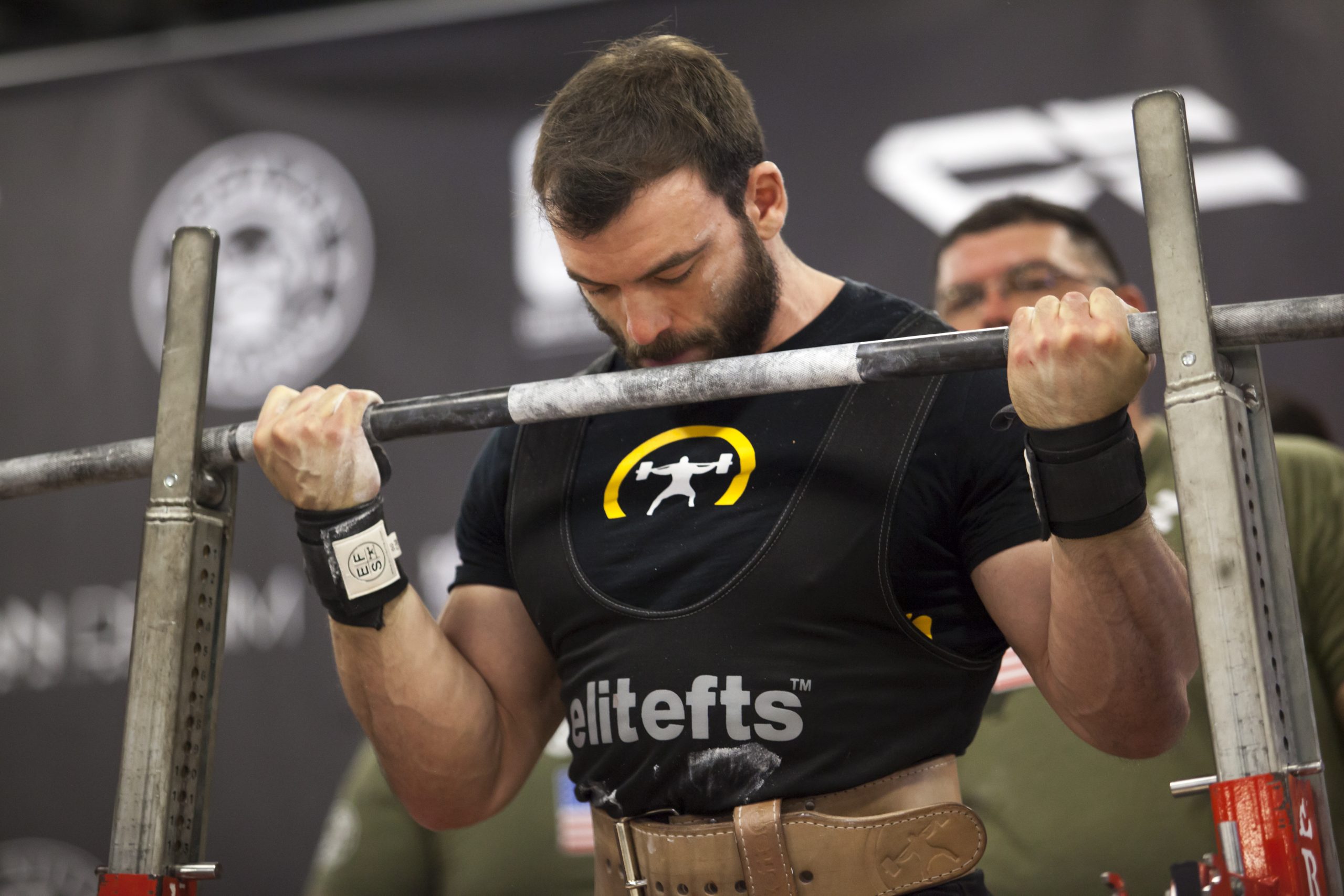
Training is just that: preparation for a competition or to help you achieve some other goal. So, your training needs to be goal-oriented, and you should have some idea of how the things you’re doing translate into success. Now, if you have a good coach, they’ll handle a lot of that work for you. But oftentimes, it just comes down to doing the things you suck at -- and that’s often very discouraging. It's also the way to get great.
In my case, I suck at deadlifting in meets. That’s a hard pill to swallow, because the deadlift is my favorite lift, and I’ve also always thought of it as my best lift -- the one I could depend on at the end of the day to bump up my total and my placing. Unfortunately, that’s no longer the case. I’ve had tremendous success at deadlifting at the gym, but in meets, I’ve come up short, again, and again, and again.
I blame part of that on my squat. When I started powerlifting, I struggled to squat 400, and let’s face it: a 400-pound squat isn’t going to take a lot out of a guy who can deadlift 800. But I’ve improved, a lot, and now my squat is right up there with my pull. And when you start a meet off by squatting 750, it’s pretty damned hard to have the energy to pull 850 a few hours (and three bench presses) later.
But that’s only part of the problem. In improving my squat, I become a very lifter who’s very reliant on consistent technique, and in the deadlift, I’m an expert at pulling all the slack out of the bar before I really start to drive it up. As it turns out, there’s an enormous difference between pulling the slack out of a bar loaded with regular iron 45s, and one loaded with thin competition plates. In the former case, there’s a lot more slack to be pulled, and, as a result, the range of motion is a bit less. More importantly, the starting position of the hips and chest changes a great deal. This might not be significant if you’re a grip-and-rip puller, but for me, it’s a huge change.
If I were only training for Instagram fame, then fuck it -- I’d be loading up bumper plates instead of 45s. But i’m not -- I’m training to win meets and set records, and that means learning to pull with competition plates. Trying to relearn a skill you thought you’d mastered sucks, and sucks hard. It’s frustrating, it’s a huge hit to the ego, and it’s a necessary evil.
What’s the takeaway from all this? First, be honest with yourself about your training. If you know your tricep strength is lagging, but you’re terrible at the close-grip bench press, do it anyway. Admitting your weaknesses is the first step to getting stronger.
Second, stick with it! It’s easy to step out of your comfort zone. It’s much harder to stay outside of that zone, but if you can be patient and disciplined, you’ll be stronger because of it.









I am looking at authors like MADCOW and others who really; Seek to improve this sport. Discipline is finally important and is the key.